You have no items in your shopping cart.
Post Requirement
What is UPVC?
UPVC stands for unplasticized PVC, which is denser and harder than the usual PVC. UPVC material is based on the plastic powder that is heated up and moulded into a particular shape. It is a stronger and rigid form of PVC, as it is not softened by using plasticizers.
UPVC windows and doors have become popular in present days and extensively used in housing facilities as they possess good aesthetic looks.
UPVC doors and windows are easy to install and a better substitute for wood, not just doors and windows but also in other works like panels, cladding, and partitions and so on.
UPVC material is a lightweight, durable and very good sound and thermal insulator. These are some of the features that don't come with wooden, steel, or aluminium materials.
Here are some of the advantages of using uPVC doors & windows:
• Easy to Install & Maintain
UPVC requires very less maintenance. They are easy to install and handle, and never rot, flakes, rust, fade, peels or corrodes. Besides, these they are weatherproof and rigid and needs only a light foamy wash.
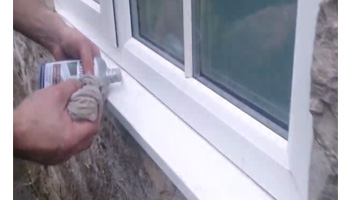
• Durable and Strong
They are long-lasting and resilient compared to wooden, steel or aluminium doors and windows. They are highly immune to organic decay, corrosion, termite attack, which makes them much more durable.

They are surprisingly strong material and lasts for a longer time without losing its shape.
• Insulation Proof
They provide excellent sound insulation against noise pollution and highly preferable for houses near highways, temples, airports, etc. Provides a high level of thermal insulation that leaves no space for increased electricity bills.
• Security
When it comes to security, UPVC windows and doors are more reliable. The frames are assembled with galvanized steel, which makes it difficult to break through or damage.
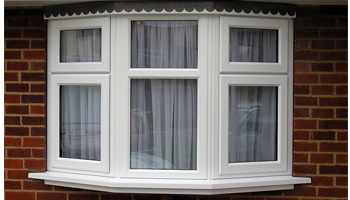
It is a robust material, thus making it sea water-resistant, chemical proof (not affected by oil, grease, cement, salt or other chemicals) and pollutant resistant. The material is naturally flame retardant as well.
• Pricing
They are more economical as compared to metallic or traditional wooden doors and windows.
• Style
UPVC doors and windows are available in a wide range of designs, style and sizes. We can select from the casement, French, sash, tilt and turn windows.

Double glazed UPVC windows are of low cost, but as the increase in styles and colours, cost increases too.
Disadvantages of UPVC doors and windows
- They are not suitable to use as front doors because of their lightweight.
- They are not available in sophisticated designs like wooden or aluminium doors.
- Unlike wood or aluminium, UPVC doors cannot be painted or varnished with desired colours.
- UPVC cannot provide an elegant look to the house like wood or aluminium as their style and decor blends with the home.

- Due to their lightweight, they are structurally not as strong as aluminium doors and windows.
- Increase in heat can result in the rupture of doors and windows frames.
However using UPVC doors and windows can have certain advantages and disadvantages, knowing these properties may help to have an idea of where and how to use these products.
Also, Read: Various Types of Market Forms of Timber
Vani Paspula
SHAJU A. C
posted on Jul 13, 2021 12:02:06 PMsamatha
posted on Jun 19, 2021 10:33:23 AMWindows and Doors
posted on Jun 1, 2021 4:20:50 PMWindows and Doors
posted on May 26, 2021 10:05:51 AMthank you.
uPVC Windows and doors
posted on May 21, 2021 5:22:34 PMsudhakarind
posted on Apr 26, 2021 12:19:48 PMDovoli
posted on Feb 22, 2021 6:08:34 PMDeepak Sharma
posted on Aug 18, 2020 12:21:07 PMMinnie
posted on Jun 23, 2020 10:17:02 AM
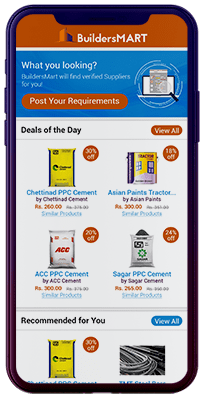

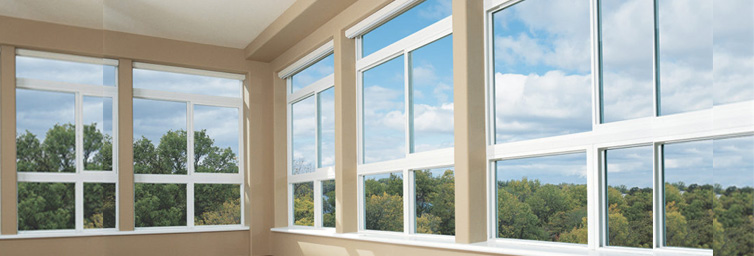
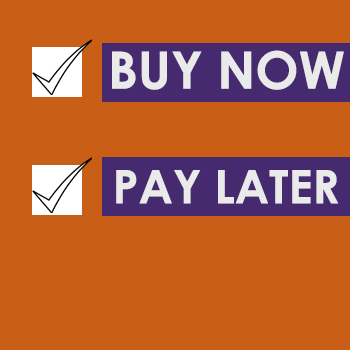




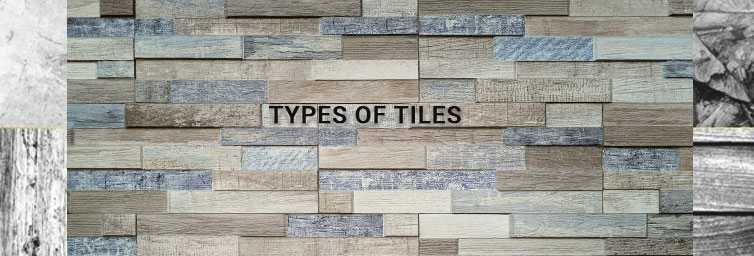
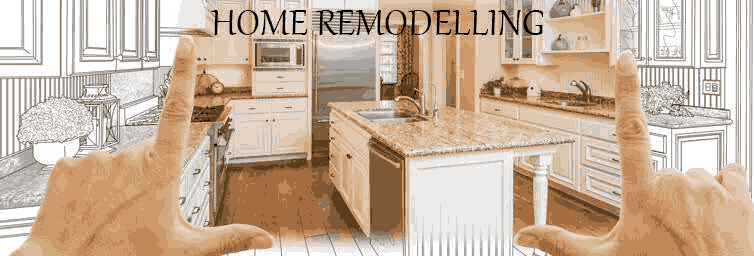
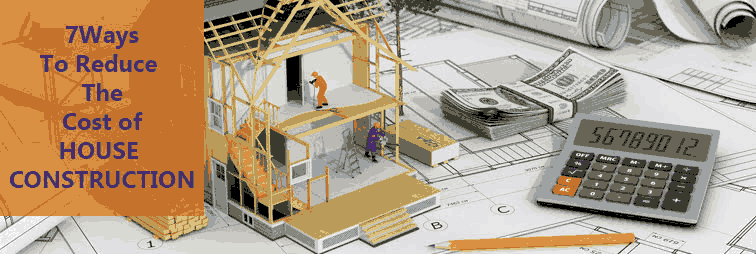
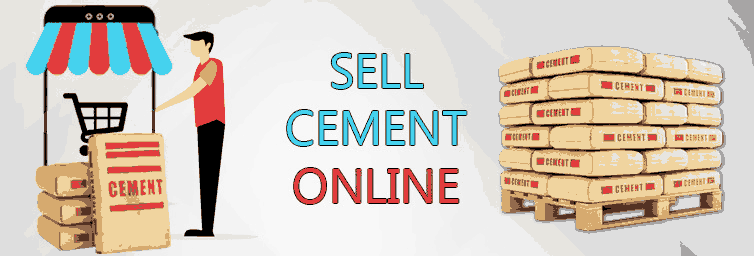

Diksha
posted on Jul 20, 2021 10:53:40 AM